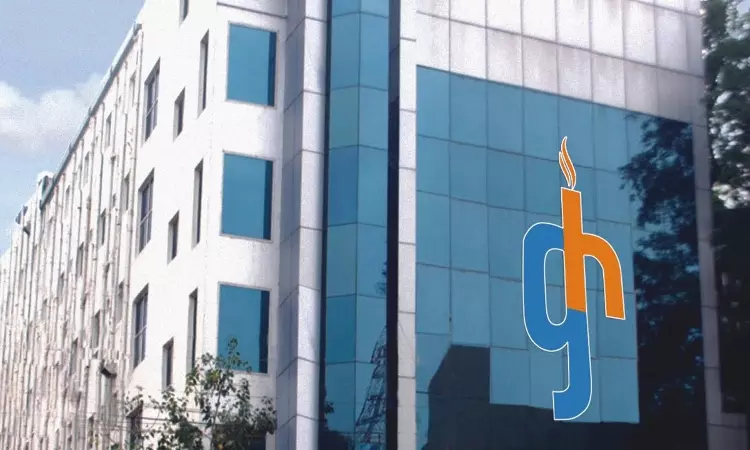Improper Oxygen Supply: NCDRC Upholds Liability Of Global Hospital For Negligence And Deficiency In Service
Sachika Vij
29 July 2023 4:30 PM IST

Next Story
29 July 2023 4:30 PM IST
The NCDRC disposed of the appeals and upheld the Telangana State Consumer Commission’s order. The Commission held that the Global Hospital (Hospital) is liable for negligence and deficiency in service due to improper oxygen supply to the patient during the surgery. It awarded a compensation of Rs. 18 Lakhs with a simple interest rate at 9% p.a with an increased cost of Rs. 30,000/-...
